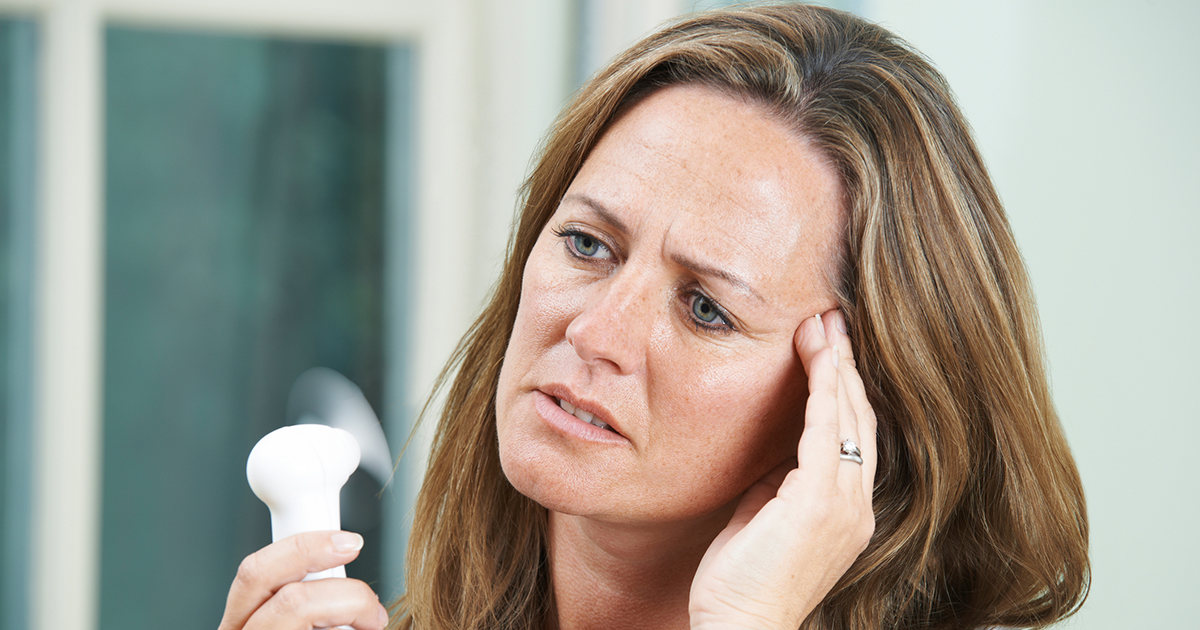What Are The Causes And Complications Of Urinary Incontinence?
Menopause

There have been multiple studies indicating menopause is a key factor in the development of persistent urinary incontinence. Not every menopausal woman will develop urinary incontinence, but the chances of developing the condition after menopause become significantly higher than they were before menopause. This is because estrogen plays a key role in keeping the lining of the urethra and bladder healthy. Following menopause, women produce less estrogen. If the tissues lining the urethra and bladder begin to deteriorate, this can make existing incontinence worse. It can also lead to the development of incontinence in women who hadn't previously experienced it. Deterioration of the tissues might also make women more likely to contract a urinary tract infection, which in turn can cause incontinence. This also ties into some of the natural changes that occur during the aging process. Menopause typically occurs in women around fifty years old. At the same time, the bladder muscle's aging can cause a decreased capacity for urine storage.
Read more about what can trigger urinary incontinence now.